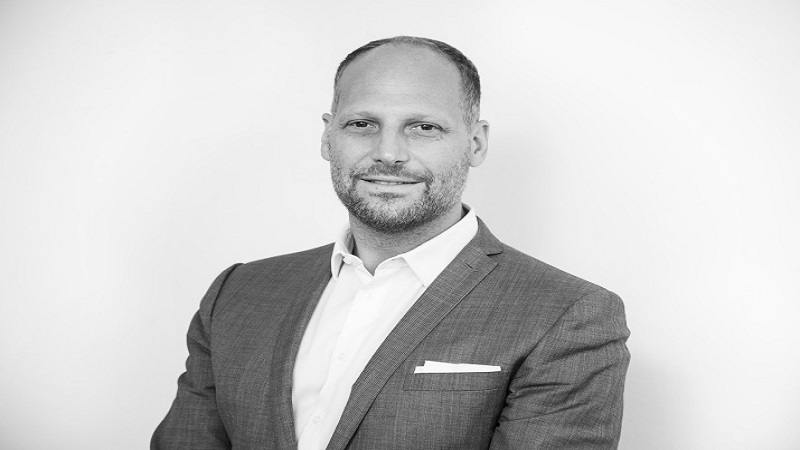Guest Blog, Trevor Hardy: Why marketers need to recognise consumer trends…
Examining trends is not a way of predicting the future; it’s a way of understanding the direction of forces, attitudes and behaviours. The Future Laboratory has developed a methodology for trend forecasting that combines qualitative, quantitative and ethnographic research; as well as expert interviews and an informed dose of intuition. But you can start the practice of identifying early adopter behaviours. Inspired by William Gibson who said, “The future is already here, it just isn’t very evenly distributed”, you can identify these early signs, behaviours or attitudes that are considered niche today; but will become more mainstream in months and years to come.
Understanding trends is essential. Not to predict what is going to happen or to create certainty – but to build confidence. Confidence that the decisions you take today will result in benefits tomorrow. Trends may have devalued meaning in some boardrooms, but they are essential insights which help with business, brand and marketing planning.
Trends are not trending
Understanding trends is not about knowing what is hot or trendy. Trends are a weather system; they are way to think about where things are going, where things may be and how things may change. Think of them as an insurance policy for your strategy. A way of exploring and understanding all possible futures to give you greater confidence that you are developing plans for what will be, rather than what is.
Trends slow down time
For years there has been a growing and clear sense that speed is good; speed should be aspired to. That speed of decision-making, of action or consumption and response signalled modernity, accomplishment and dynamism. We see it in our jobs, with roles changing at a greater pace; we see it in our voracious consumption and rapid disposal of news and of course we see it in our relationships with marriages not only coming to an end more frequently, but more quickly too
Without taking the space and time to consider possible futures, the road ahead is very uncertain; and that uncertainty is frightening. Whether it is Brexit, our pensions or our physical health we have a growing and worrying inability to engage with distant threats. As Ralph L Keeney of North Carolina’s Duke University puts it, ‘America’s top killer isn’t cancer or heart disease or smoking or obesity. It’s our inability to overcome our own short-term behaviour.’
The need for speed is letting us down. By taking time to develop a longer term view of your brand, market or consumer, you will be better prepared to make more informed, meaningful choices, and have a clearer picture of possible futures.
Trends are slow strategies
In one sense, understanding trends allows you to slow down time: being more prepared and informed about the future will allow people to engage in a slower, more considered planning process. The need for continuous rapid response will fade away as your teams develop more confidence in their future-readiness.
Slow strategies will become increasingly palatable as it appears that ‘fast’ is under attack in other aspects of life: food, fashion, music, sex and travel. From Jake Dyson’s 40-year light bulb and the New Horizons space probe, which took almost a decade of travel before beginning its mission, to Richard Linklater’s film Boyhood, which took 12 years to make; brands and their customers are thinking in terms of years, decades – even centuries.
There is an emerging acceptance that immediate gratification is leading to longer-term regret. A recognition, especially amongst younger generations, that a live-for-today approach may have caused irreparable harm to our bodies, our businesses, our communities and our planet. And these same younger generations may be the ones to embrace a long view so that they do not make the mistakes their parents made; the ones who will think in terms of legacy, not missions; who will consider their actions not over instants but over ages. They may be the ones to set an example to think long and slow.
Trevor is chief executive of The Future Laboratory; a trend forecasting and future strategy firm. His career has spanned management consulting and advertising agencies in Canada, USA and the UK; working with organisations including Coca-Cola, Budweiser, Chanel and MTV.

